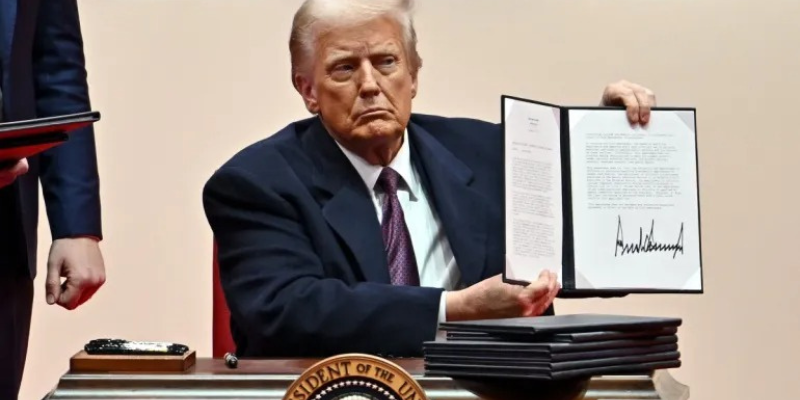On January 20, 2025, a major shift in U.S. environmental policy sent shockwaves through the global climate community. President Donald Trump signed Executive Order 14162, titled “Putting America First in International Environmental Agreements,” officially pulling the United States out of the Paris Agreement and other key international climate commitments.
The administration justified the move as a way to prioritize economic growth and avoid regulations that could restrict private sector activity. The order also cut off U.S. financial contributions under the United Nations Framework Convention on Climate Change (UNFCCC), including funds earmarked for the U.S. International Climate Finance Plan. Federal agencies were instructed to roll back policies tied to these commitments.
A Fierce Backlash from Climate Advocates
Environmental organizations, scientists, and global leaders condemned the withdrawal. The Union of Concerned Scientists called it a “travesty,” arguing that it put fossil fuel industry profits above public health and climate security. The Sierra Club stressed that the U.S., as the world’s largest historical emitter, had a moral duty to lead the fight against climate change. Former White House national climate advisor Gina McCarthy warned that the decision undermined both national security and public safety.
The global response was swift. On February 9, 2025, The Guardian emphasized that tackling climate change isn’t just an environmental necessity it’s an economic opportunity. The article highlighted how China is leading the world in solar energy, electric vehicles, and battery production, proving that green growth drives prosperity. The piece also called on the UK Labour Party to push for strong leadership in clean energy and climate policy.
The Reality of Climate Change Hits Hard
As 2025 unfolded, the consequences of climate change became even more evident. Met Éireann, Ireland’s national weather service, issued a dire warning about the country’s climate future. Scientists predicted more heavy rainfall, heatwaves, and storm surges all intensified by human-induced climate change. They pointed to data from October 2023 to March 2024, a period that saw extreme weather events four times more likely due to global warming.
Meanwhile, research revealed that Storm Babet (2023) was made twice as likely and 13% more intense because of climate change another sobering reminder of the escalating crisis.
Looking Ahead: The Fight for Climate Action Continues
Despite the setback of the U.S. withdrawal, climate action isn’t slowing down. The 5th Global Congress on Climate Change (GCCC-2025) will take place in Berlin on September 29-30, 2025. The event will bring together experts, activists, and policymakers to drive international collaboration on climate solutions.
The U.S. exit from the Paris Agreement reflects the tension between national interests and global climate responsibility. However, with extreme weather worsening, the world can’t ignore the climate crisis.
At PlanetEco FM, we remain committed to keeping you informed and engaged in the fight for a sustainable future. Stay tuned for more updates on environmental policies, climate action, and how we can all make a difference.



